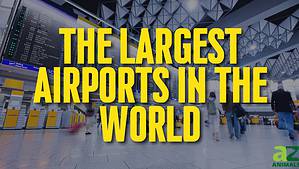If you speak English, count yourself fortunate. It is currently the most widely spoken language in the world. It functions as the international language of business, technology, and tourism. There are two main reasons this is so: the British Empire colonized much of the world, and since World War II, the United States has become the world’s dominant economic and military power. The following list of countries are those with the largest number of English speakers. The number following each country name is an approximate total of both native speakers and those who have learned English as an additional language.
13. Australia (21.7 million)

Australians have a reputation for friendliness and a particularly appealing English dialect.
©GagliardiPhotography/Shutterstock.com
For many Americans, Australian English is pleasant and friendly sounding. Some people even choose to set their GPS voice to Australian English to make it more fun! As a British colony, Australia was settled in part through prisoners and other “undesirables” expelled from Great Britain. In an environmentally hostile environment, they created a practical, down-to-earth culture. The Australian dialect is sprinkled with Aboriginal words such as boomerang, dingo, kangaroo, koala, and wombat.
12. Canada (30.4 million)

Special laws in Quebec help prevent the French language from being overwhelmed by English.
©WorldStock/Shutterstock.com
Modern Canada started as a French colony. After Britain won the French and Indian War in 1763, it took control of the region. Fearing the French speakers would join the American Revolution, Britain passed the Quebec Act, which recognized the rights of the Québécois to their own language, culture, and religion. Today, Canada recognizes the rights of Quebec to preserve the French language, including by posting road signs only in French (but with pictograms for non-French speakers). Only 4.3 million (51%) of people in Quebec speak English, compared to 30 million in the rest of Canada.
11. Egypt (32 million)

Most of Egypt’s population lives in a narrow strip of land on each side of the Nile.
©Emre Akkoyun/Shutterstock.com
Egypt was a British colony for about 70 years. This was long enough to create an English-speaking elite in government, business, and academia. Today about a third of Egyptians speak English. Road signs there are in both Arabic and English for the benefit of the large numbers of tourists and other foreign visitors. English words also frequently creep into popular speech, particularly among youth.
10. France (38.6 million)
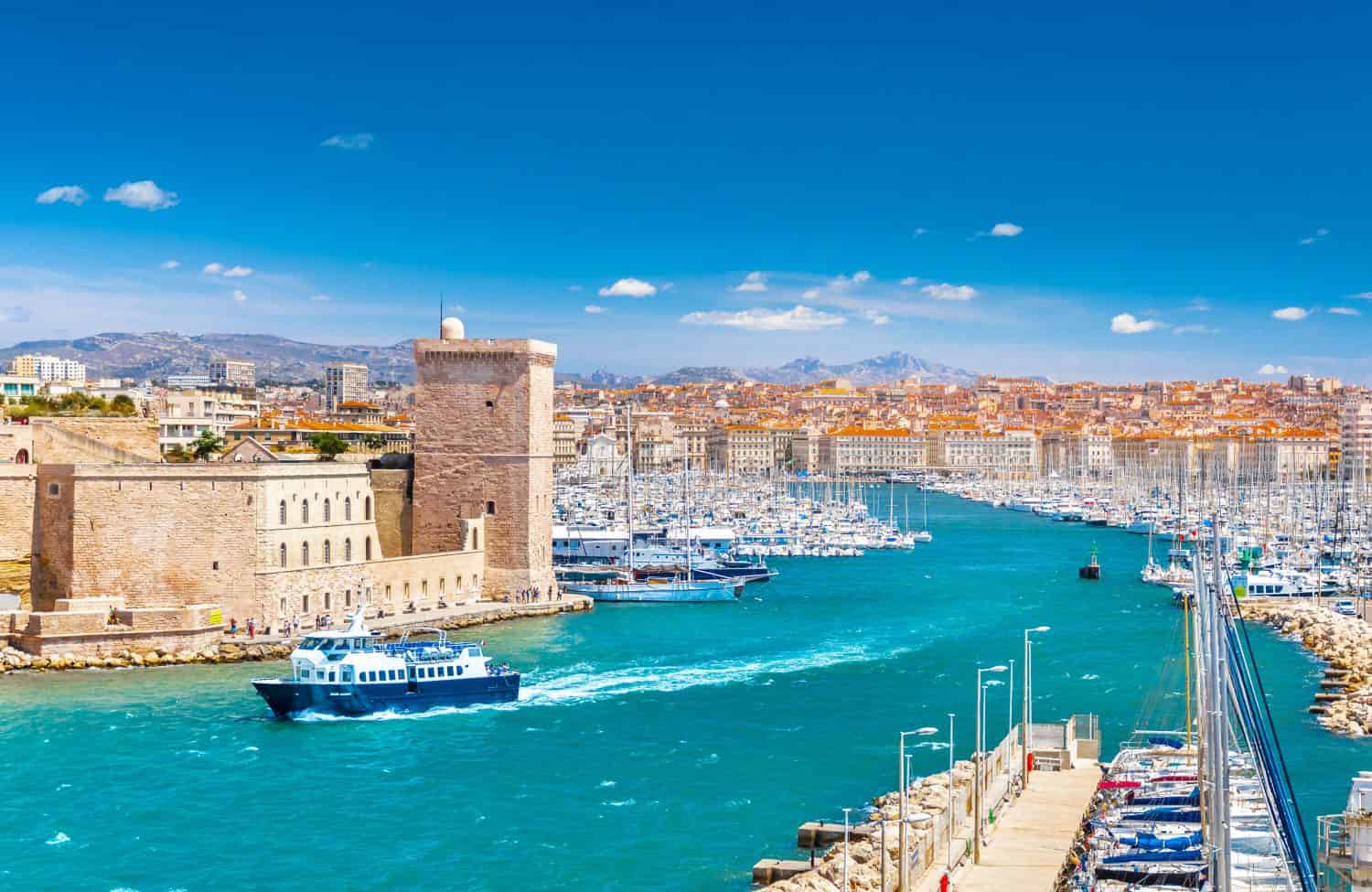
France is rich in history, culture, and scenic beauty.
©proslgn/Shutterstock.com
Roughly 67 million people live in France and well over half of them speak English. In fact, many French people are concerned about the preservation of their language. The Académie Française is responsible for the regulation of the French language and works to create French alternatives for new English vocabulary that creeps in through emerging areas like technology. Some English-speaking tourists come home with the impression that the French are language snobs. This may sometimes be the case but it’s worth keeping in mind that most travelers only visit Paris, which receives more tourists annually than any other city in the world. Parisians understandably grow frustrated with the need to interact with strangers who only speak English and expect everyone else to as well.
9. Uganda (40 million)

Uganda’s abundant wildlife is an attraction for tourists around the world.
©D.Cz./Shutterstock.com
Uganda was formerly a British colony in East Africa. Since independence, it has had an unstable and tragic history. In recent years, though, it has become a more stable and attractive destination for tourists, especially since 87% of Ugandans speak English. Approximately 1.5 million tourists visit every year, bringing in nearly 8% of the country’s GDP.
8. Germany (45.4 million)
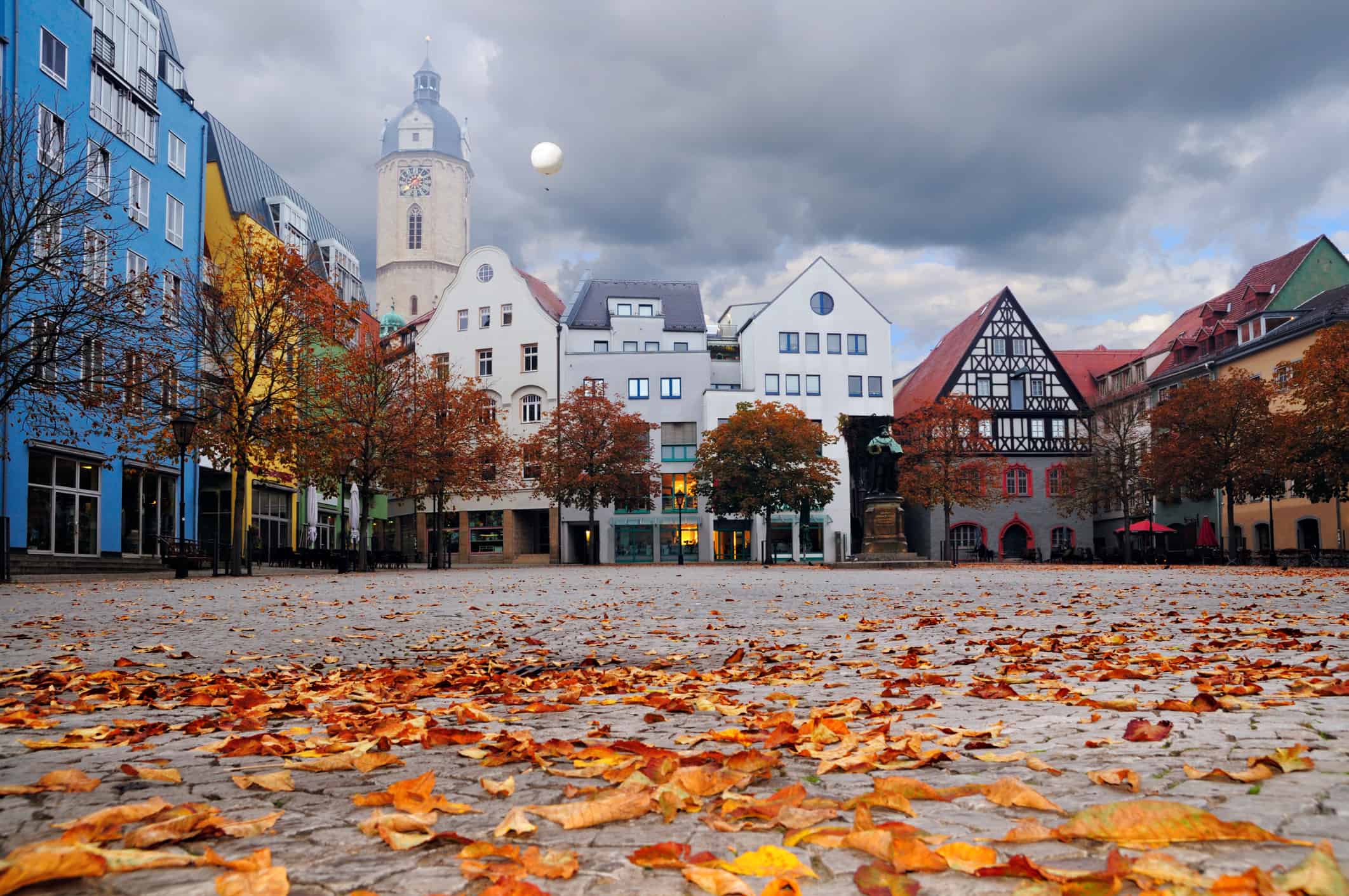
Other than Russia, Germany is the most populated country in Europe.
©anyaivanova/iStock via Getty Images
Germany is one of the most influential countries in the world culturally and economically. About 175 million people worldwide speak German. In early United States history, Congress considered a proposal to print laws in German in addition to English to aid the 9% of the population who were German immigrants. Instead, English retained priority, and today over half the population of Germany can speak it.
7. United Kingdom (63 million)
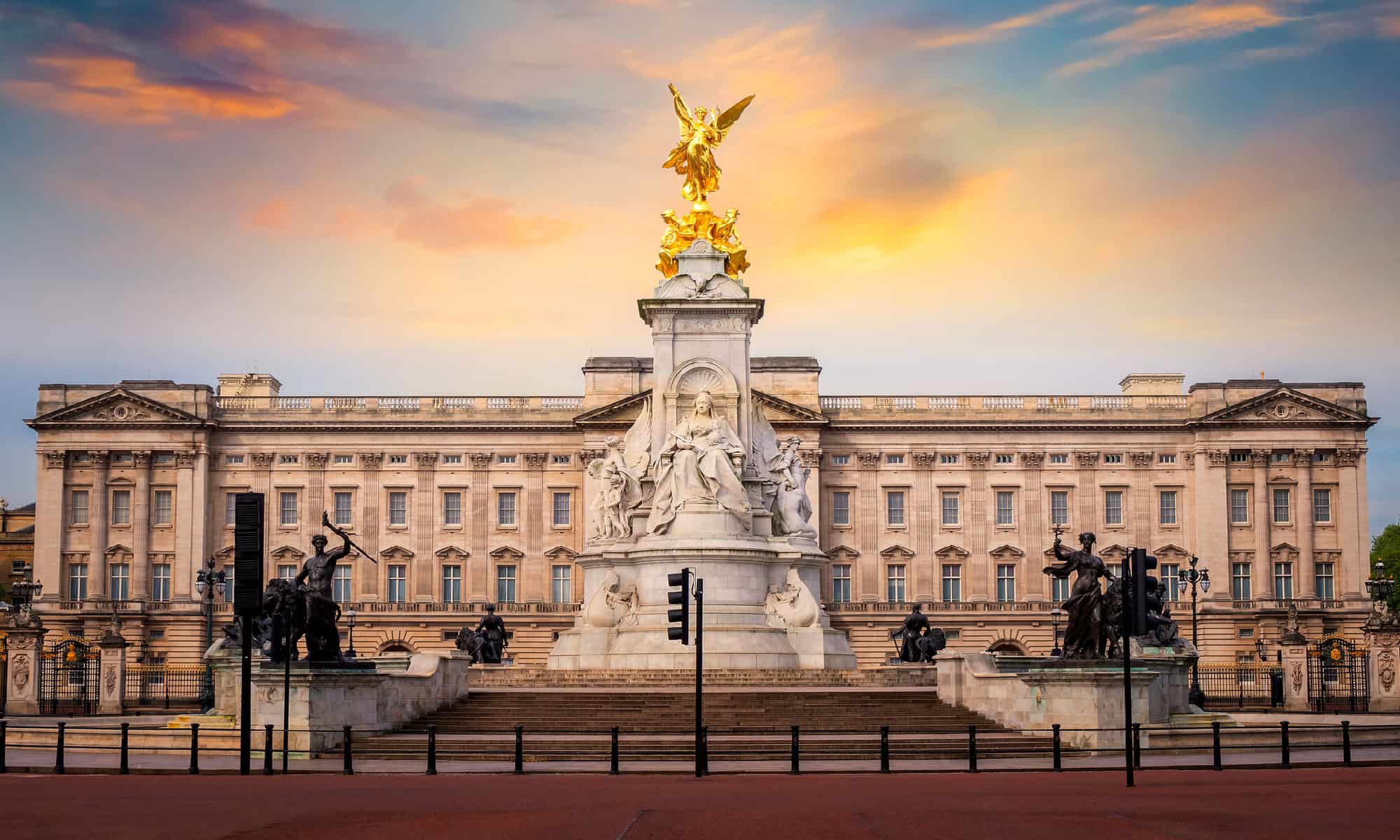
Buckingham Palace is the main residence of the British royal family.
©iStock.com/coward_lion
The United Kingdom is where the English language started. English is a combination of multiple languages: Celtic, Latin, Germanic and French are some of the main influences on the language. This makes it a complex and nuanced language for non-speakers to learn, with inconsistent grammar and spelling and multiple ways to say things with synonyms from its different language roots.
Another difficulty is that there are about 40 regional dialects in England that can be quite hard to understand. The spread of mass media over time may produce more standardization of the language. This is already evident in the growth of Multicultural London English in the immigrant community since the 1980s. This form of English has given the world the currently popular slang “fam.” Short for “family,” it’s used by English-speaking youth internationally to refer to one’s close friends.
6. Philippines (64 million)

English is taught in schools in the Philippines.
©Sascha Burkard/Shutterstock.com
The Philippines was colonized by Spain and about 400,000 people in the country speak Spanish today. In 1898 the United States took it over and ruled until granting the country independence in 1946. Today 64 million people there speak English, and it is one of two official languages, along with Filipino.
5. Indonesia (90 million)

If you want to see wildlife found nowhere else in the world, Indonesia is worth checking out.
©Akhmad Dody Firmansyah/Shutterstock.com
Indonesia is the fourth most populated country in the world, after India, China, and the United States. About 90 million of its 268 million people speak English. With Australia as one of their close neighbors, Indonesia’s English speakers have an advantage in regional trade.
4. Pakistan (108 million)

English became such a popular language in Pakistan due to 200 years of British rule.
©Doulat Khan/Shutterstock.com
Pakistan was part of British India for 200 years before being partitioned off as a separate country in 1947. Along with Bangladesh, it provided a homeland for Muslims who did not want to live in Hindu-majority India. Today nearly half of the country’s 231 million people speak English. Pakistan is a militarily significant country due to its rivalry and territorial disputes with India. Both countries are nuclear-armed.
3. Nigeria (125 million)
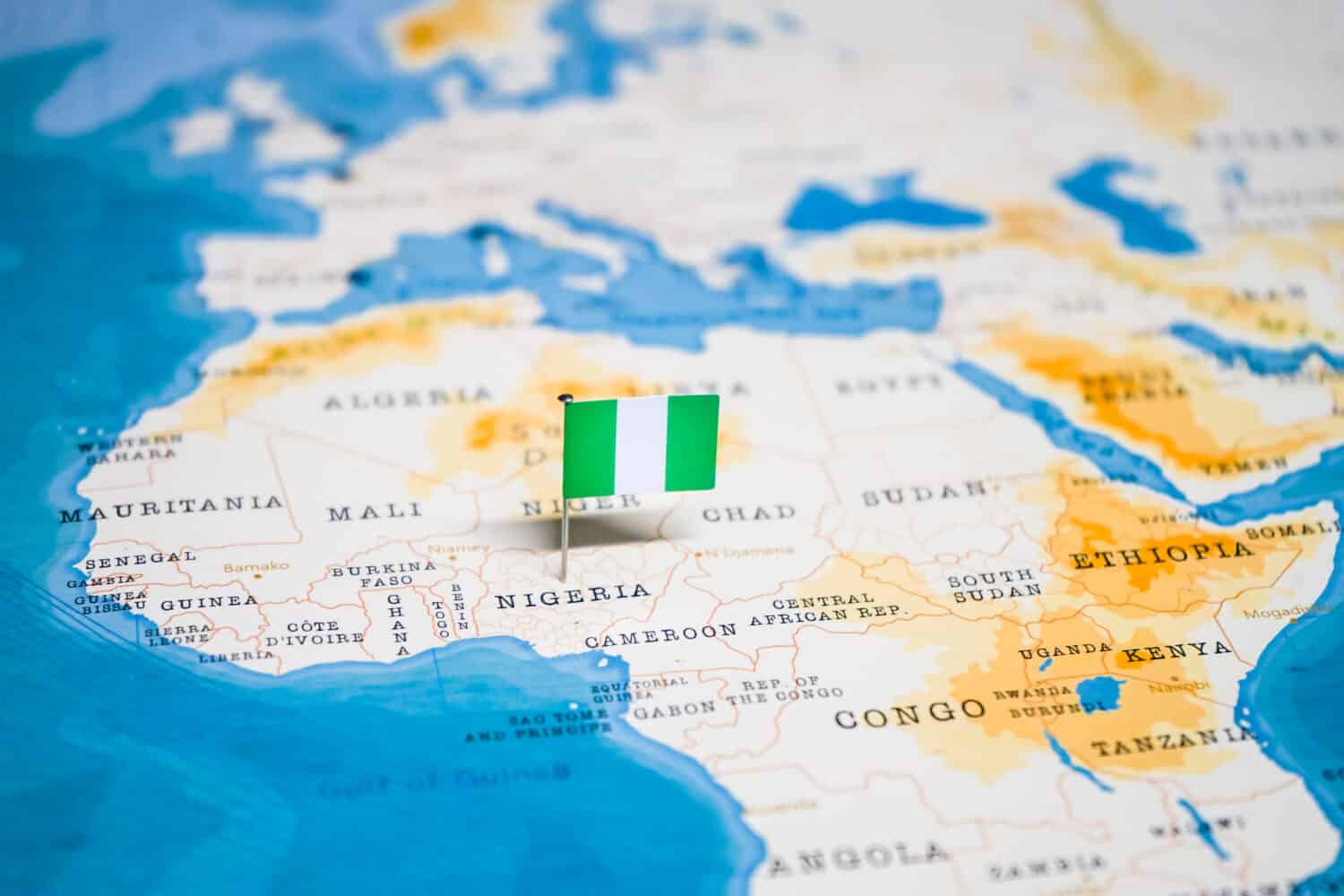
Nigeria is one of the leading countries in
Africa
and the world.
©hyotographics/Shutterstock.com
With a population of 224 million, Nigeria has the most people of any country in Africa. Over half the country speaks English, a legacy of its colonial past as part of the British Empire. Nigeria is a rising economic and military power in Africa. Nigerians’ command of English gives them an advantage in international trade.
2. India (128.5 million)

The ancient Indian culture has absorbed and assimilated influences from other cultures.
©iStock.com/Roop_Dey
India is the world’s most populated country, having passed China in 2023. In all, Indian people groups speak 121 different languages. It has the second-largest number of English speakers of any country. Only Hindi has more speakers (528 million). The second two most spoken languages are Bengali (97 million) and Marathi (83 million). India is one of a rising tier of developing nations called the BRICS group: Brazil, Russia, India, China, and South Africa.
1. United States (316 million)
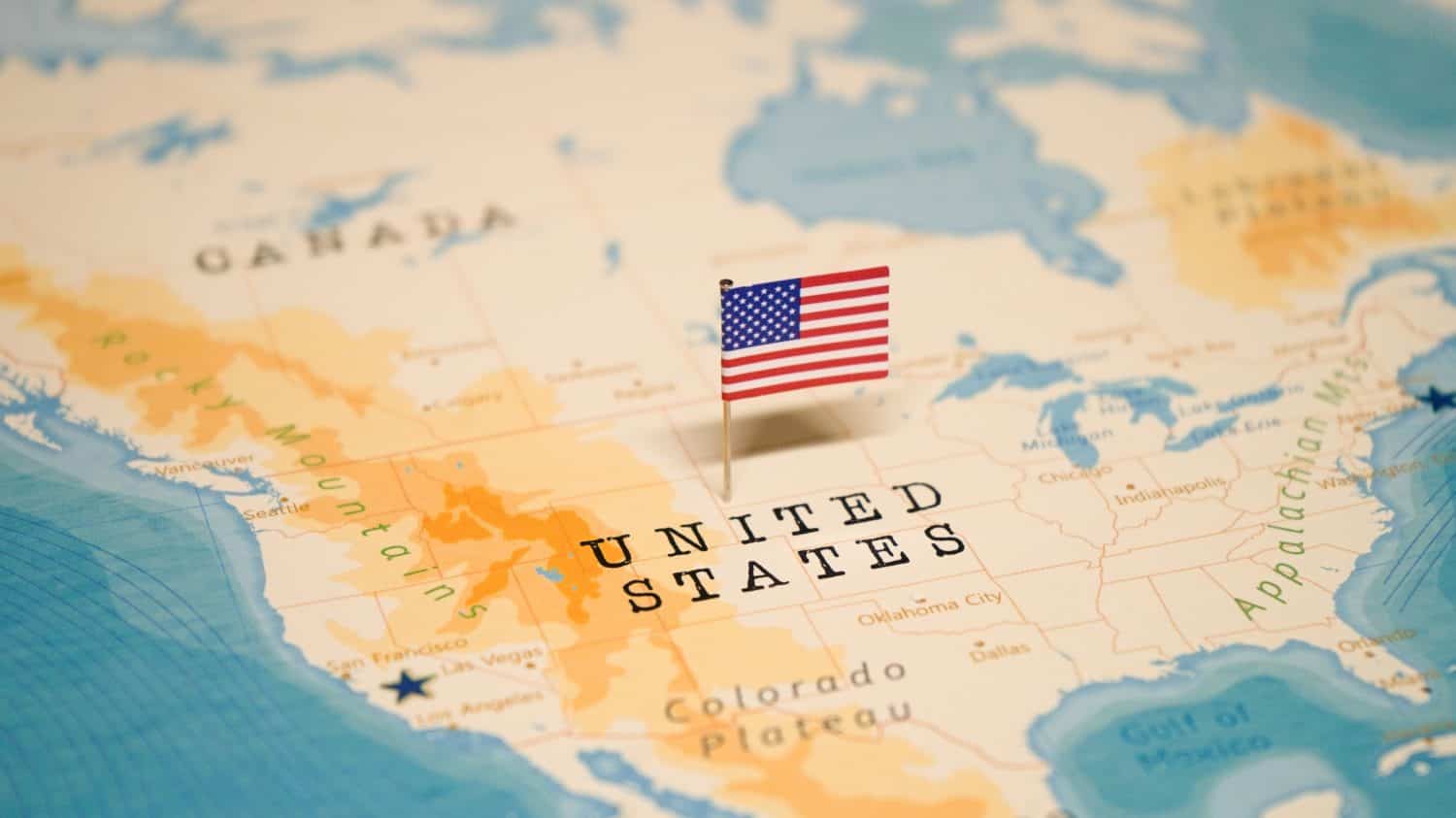
The United States has the most English speakers in the world.
©hyotographics/Shutterstock.com
Most of the population of the United States speaks English. A typical pattern for immigrants is that the first generation speaks English only at a basic level, the second generation is completely bilingual, and the third generation speaks English only. The other most popular languages in the country are:
- Spanish (41.3 million)
- Chinese (3.40 million)
- Tagalog/Filipino (1.72 million)
- Vietnamese (1.52 million)
- Arabic – (1.39 million)
- French – (1.18 million)
The photo featured at the top of this post is © Prostock-studio/Shutterstock.com
Thank you for reading! Have some feedback for us? Contact the AZ Animals editorial team.





